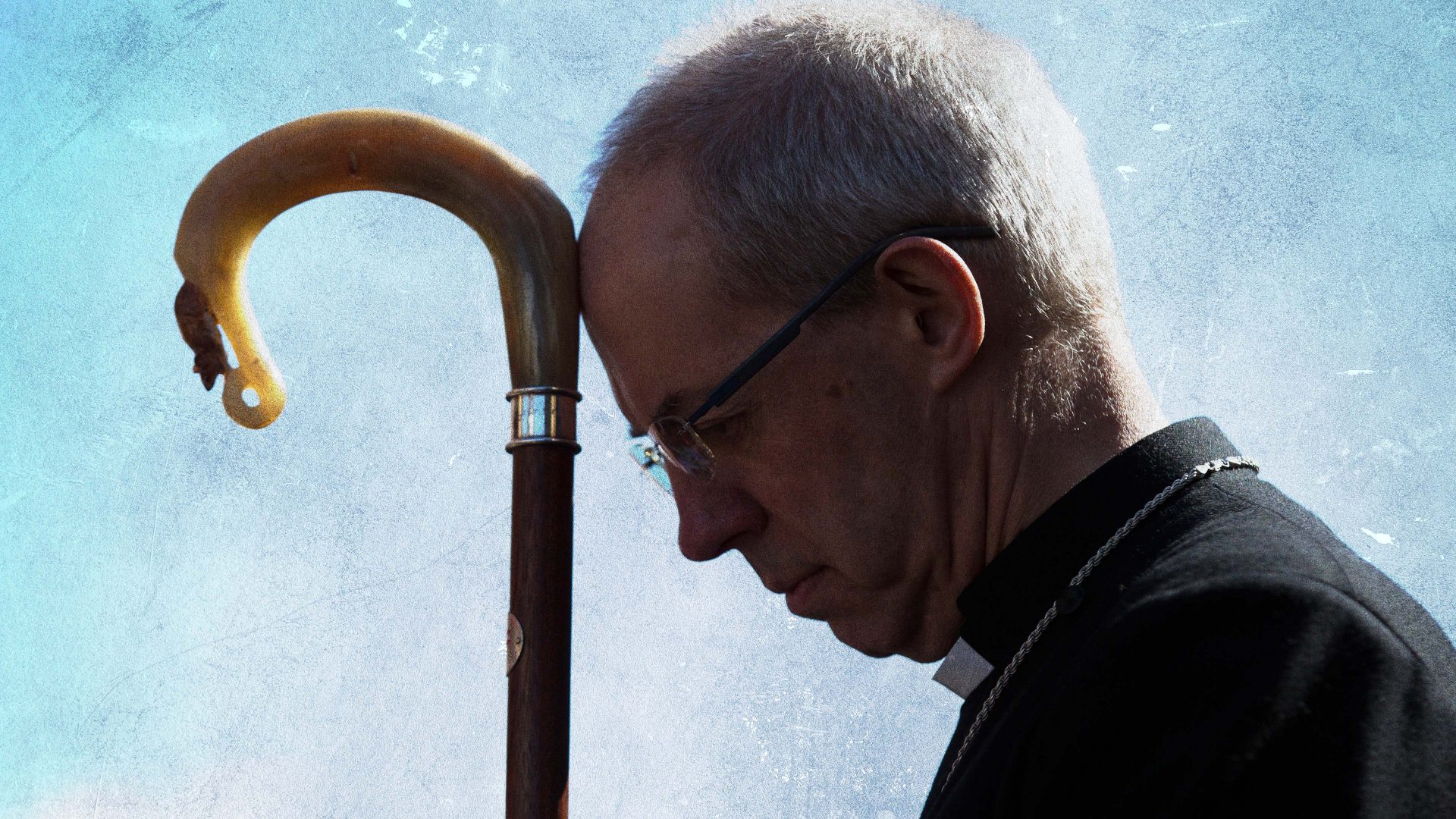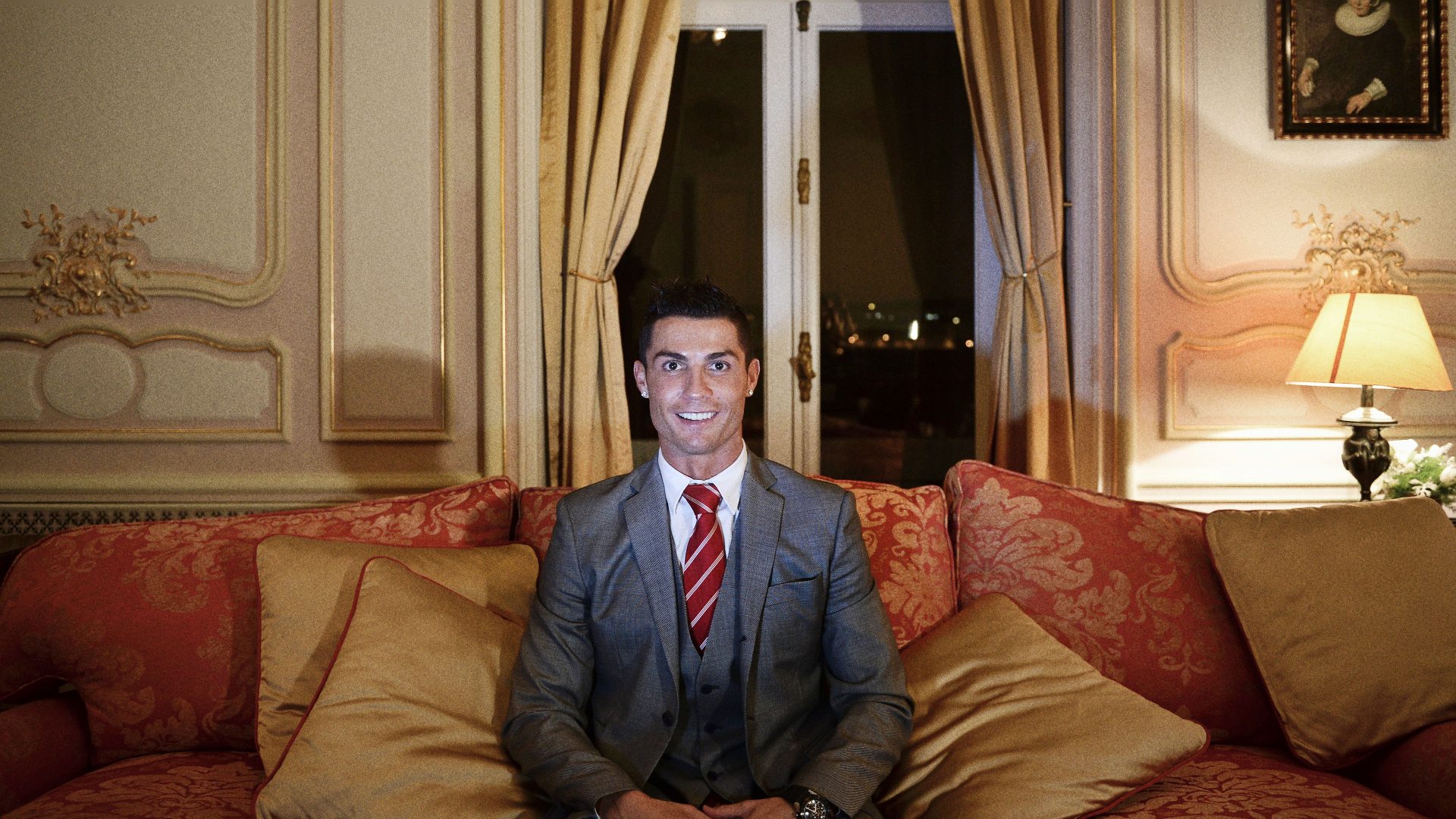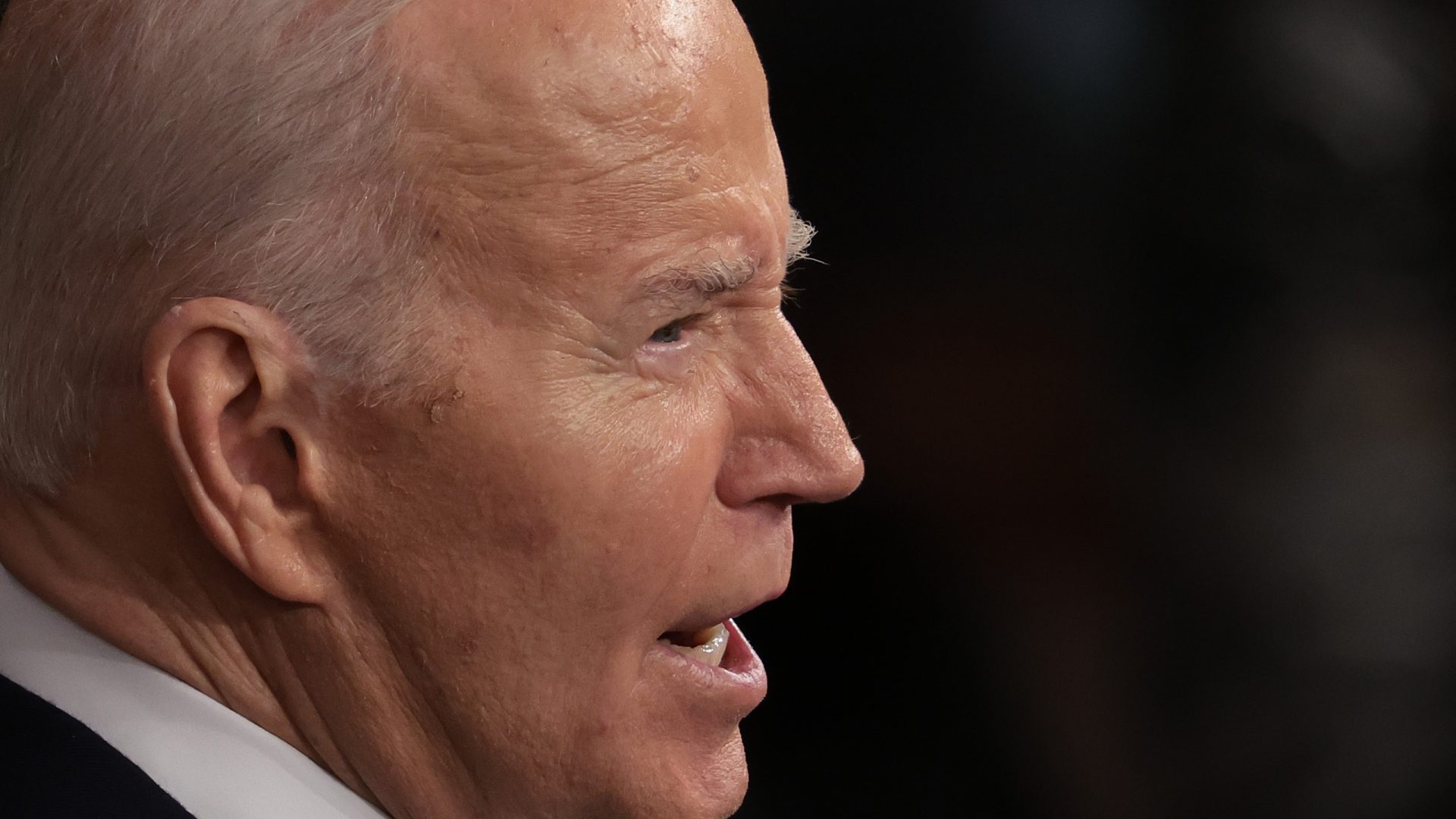The concept of government by divine guidance might have some initial appeal, given the obvious failings of government by mere mortals. Theocracies, however, tend not to be the most caring or benevolent of administrations, justifying the harshest of regimes in the name of the deity.
The UK has little in common with Iran or Saudi Arabia but it does, to some extent, share one characteristic with the world’s theocracies: it is a country in which religious leaders have a right to sit in the legislature.
An unelected second chamber is somewhat anomalous in a modern democracy. Legislation is now working its way through parliament to remove what is seen by many as the most egregious affront: 92 hereditary peers. However able they might be – and some are star performers – the fact that they would not be in their positions were it not for their parentage cannot be justified in 2024.
But almost equally unjustifiable in today’s UK is the decreed presence of 26 Anglican bishops in the Lords. Given the increasingly secular nature of the country and the preponderance of religions other than the Church of England, pressure for reform on this front had been growing for some time, but the ignominious departure of the Archbishop of Canterbury must increase the pressure for change.
Justin Welby took on what was a hugely difficult job, but he undeniably failed in it. On the simple metric of attendances at church services, he presided over continuing decline. His decision to keep churches closed during Covid, just when believers really wanted the solace of the church, only added to that trend.
He may have found it hard to balance the pressures of the pandemic with the needs of believers, but he found it impossible to solve the issue of gay rights within the strictures of the Anglican faith. The battle over whether women could be bishops had been hard fought, and some of those who were most opposed to the principle actually found it easier to change their allegiance and join the Catholics than countenance female bishops. The idea of gay marriage, though, has proved to be an apparently permanent obstacle.
With a high proportion of his global congregation being in Africa, where it is overwhelmingly evangelical and ultra-conservative, Welby was at odds with the more liberal UK elements of the church. He was seeking to construct uncomfortable compromises that would probably have collapsed before his term in office was due to end.
When he did choose to speak out on issues such as child poverty or immigration, his words carried little weight because the church he headed was failing to do anything significant to confront those problems itself. One of his more recent interventions, to speak out against the introduction of assisted dying in the UK, seemed like an appeal to the evangelical remains of his congregation where opposition to the measure remains intense.
That his stint as archbishop has now been brought to an abrupt conclusion should not be any surprise. Failing to deal with the appalling behaviour of John Smyth at the earliest possible opportunity should clearly have been a sacking offence for anyone, whether or not in the context of religion. Too many priestly abusers, known to church authorities, have been ushered abroad where they could continue to perpetrate their crimes rather than be brought to justice in the UK where they would be an embarrassment.
Quite what Welby knew and when is irrelevant. It is clear that, even once he was undeniably aware of Smyth’s behaviour, he did not act. This symbolises a total failure of leadership.
Politicians have largely frittered away any trust that the public vested in them. The church might have filled that vacuum, but has not done so. The continuing revelations about the historic cruelties of the Catholic church in its treatment of unmarried mothers and their children have not lost their ability to shock, and neither have the stories of child abuse. But, as ever, the cover-ups and failure to confront these problems do the most damage.
Equally, in the Church of England the tales of abuse being ignored and of abusers being quietly moved have gradually seeped into the mass consciousness.
The UK is a country that craves leadership. The church, both Anglican and Catholic, has conspicuously failed to provide it.




